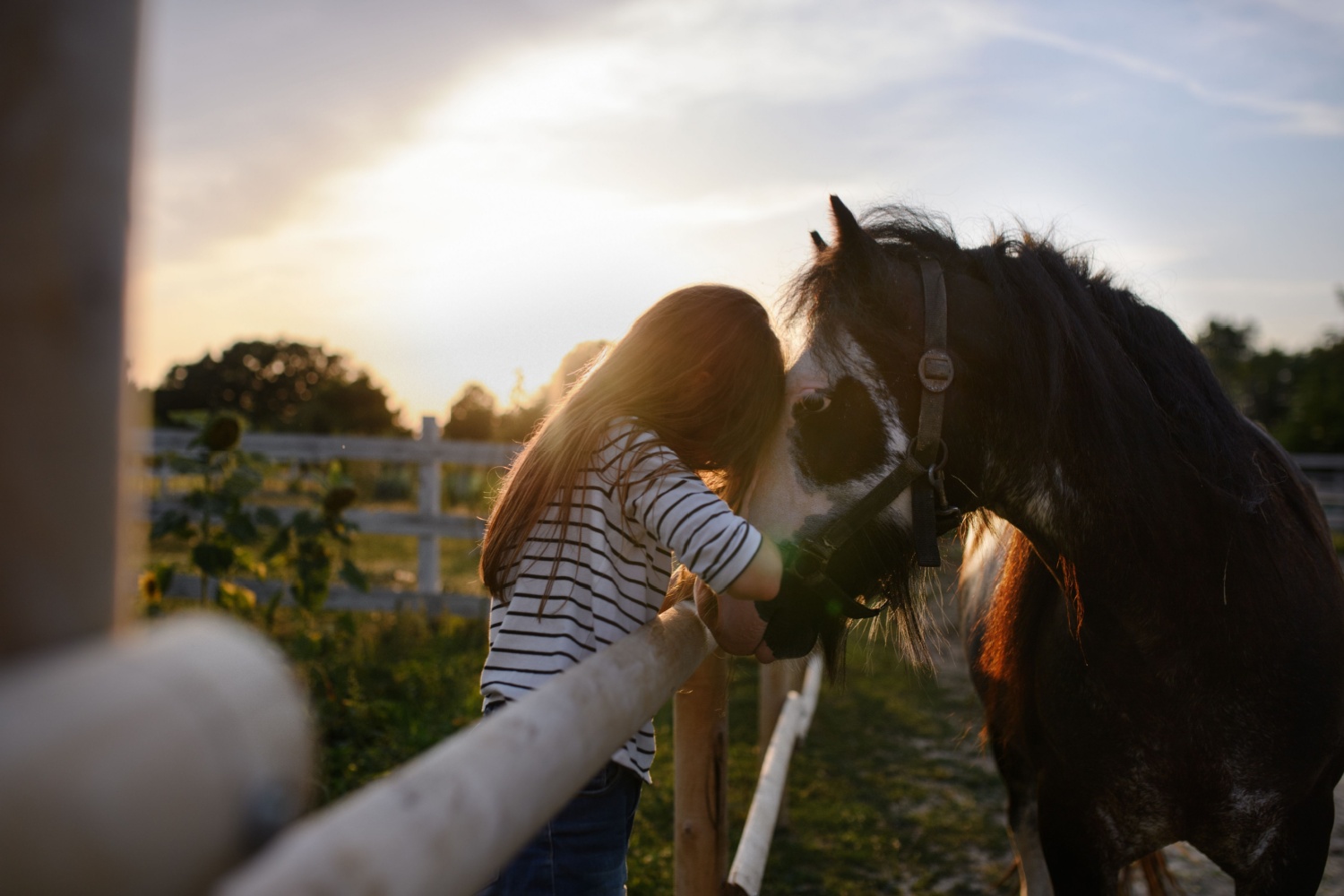Rural mental health, a subject that has gained more attention and less stigma over the past few years,
“There is a lot to be encouraged about. Our overarching goal is to break the stigma that has long existed around mental wellness. We really have devoted a lot of time and energy and resources to building up a program to ensure that every single farmer and rancher out there knows that there’s help available to them.”
Terri Moore of the American Farm Bureau Federation says several organizations and entities in the farm and rural space, including Farm Bureau, have collaborated to increase and improve resources for rural mental health awareness.
“There are a number of organizations that do national polling to kind of monitor those attitudes, and are people more receptive to it. We’re seeing a positive trend in that regard. Unfortunately, we know the reality is we still face a high level of suicide in rural communities in rural America, and so that’s why we’re not going to let up on this.”
September is National Suicide Prevention Month. Dan Neenan of the National Education Center for Agricultural Safety explains some of those mental health challenges within the farm sector.
“The farmer, traditionally, is somebody that works by themselves. At least with me, my vents when I’m working is my wife. That might not be there for the farmers. If they’re worried about projected costs, the farmer might not be so willing to share that with their spouse because this is the family. And what happens if we were to lose the family farm, and we lose where the family lives? And what are we going to do with the kids? That kind of isolates the farmer just a little bit more.”
As for available avenues for producers and rural residents regarding suicide prevention, Melissa Ploeckelman of the National Farm Medicine Center gives this resource:
“Call 988. That’s a hotline that will talk you through what’s going on right now. They can help prevent a suicide in the moment, and then they can follow up by getting you some resources that are in your area, in your state.”
Dan Neenan says whether it is an individual in their home area or a professional in an out-of-area locale, a listening ear is needed for farmers and rural residents feeling despondent.
“It’s whatever is going to work for the farmer to be able to let them talk and be able to let them vent, get somebody that has a fresh perspective on what that issue might be, to be able to work through what that issue is.”


